DVLA Classic Car Registration Policy Changes – What It Means for Enthusiasts & Restorers
If you own, restore, or simply admire classic cars, there’s fantastic news on the horizon. The DVLA has confirmed major changes to its vehicle registration policies — a huge win for the UK’s historic and classic vehicle community, and something Motaclan is proud to support as a partner of the Historic and Classic Vehicles Alliance (HCVA).
These new DVLA rules, coming into effect from Tuesday 26th August 2025, provide long-awaited clarity for restorers, enthusiasts, and specialists, ensuring that classic vehicles can retain their historic identity while staying on the road.
DVLA Classic Car Registration Changes Explained
For decades, outdated DVLA policies dating back to the 1980s caused frustration for owners and restorers. Many classic cars faced the risk of losing their original registration number, while others were refused identity altogether. This uncertainty threatened not only enthusiasts but also the skilled restoration trade that helps preserve the UK’s motoring heritage.
Thanks to years of work by the HCVA and support across the industry, the DVLA has introduced pragmatic new policies that make life easier for classic car owners.
Key Changes to DVLA Classic Car Registration Rules (2025)
-
Like-for-like repairs no longer need to be reported to the DVLA, provided the car looks as it did when originally manufactured and no details change on the logbook (V5C).
-
Modified vehicles, including those with significant structural changes, can now keep their original Vehicle Identification Number (VIN) and registration number, with changes simply notified to the DVLA.
-
EV conversions can also retain their historic identity, provided the DVLA is informed.
What These DVLA Policy Changes Mean for Enthusiasts & the Industry
For owners, these updates mean less red tape and greater peace of mind. Whether you’re restoring a classic Mini, MG, or Triumph, you can be confident that your car’s identity and value will be protected. Collectors and buyers also benefit from clearer rules, ensuring restored classics retain authenticity.
For the wider industry, the reforms are vital. The UK’s classic car sector supports over 100,000 skilled jobs — from mechanics and parts suppliers to trimmers and paint specialists — and contributes to a thriving export market. Simplifying registration processes helps safeguard these trades and ensures future sustainability.
The HCVA Campaign That Made It Happen
This policy breakthrough is the direct result of campaigning from the Historic and Classic Vehicles Alliance (HCVA). In 2024, the HCVA gathered over 1,350 responses to a Call for Evidence at an event hosted at Bicester Motion. By working closely with government officials, they built a strong case for reform and successfully shaped the new policy.
As HCVA CEO Dale Keller explained:
“These changes place the retention of historic identity at the forefront of registration policy — something that will be welcomed by all specialists, owners, and enthusiasts alike.”
Learn more about the HCVA here.
Protecting the Future of Classic Cars
With over three million historic and classic vehicles in the UK, these policy changes are far more than administrative updates. They safeguard our heritage, protect skilled craftsmanship, and ensure the cars we love continue to be enjoyed on the roads for generations to come.
At Motaclan, we’re proud to stand alongside the HCVA in supporting the future of classic motoring. Whether you’re restoring, repairing, or upgrading, our wide range of classic Mini, MG, Triumph, and Rover parts helps you keep your historic vehicle alive and true to its heritage.

 Chimaera
Chimaera Griffith
Griffith Tuscan
Tuscan MGA
MGA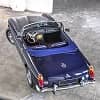 MGB, MGB GT & V8
MGB, MGB GT & V8 MG Midget
MG Midget MGF & TF
MGF & TF Rover 75 / MG ZT & ZT-T
Rover 75 / MG ZT & ZT-T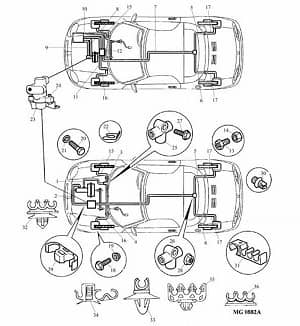
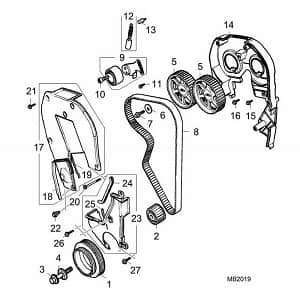
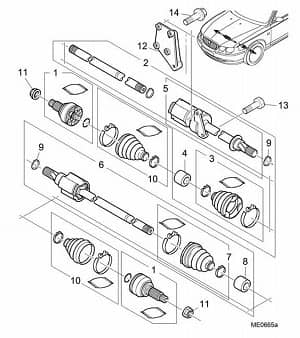
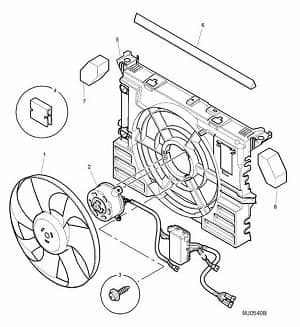
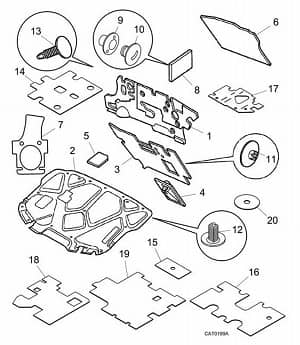
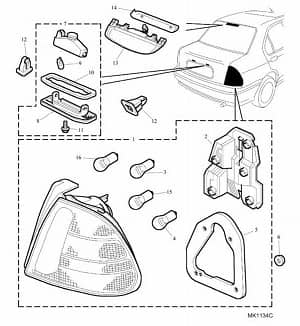
 Classic Mini
Classic Mini Wood & Pickett
Wood & Pickett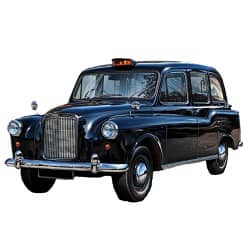 London Taxis
London Taxis Autoglym Products
Autoglym Products British Motor Heritage
British Motor Heritage Castrol
Castrol British Mini Club
British Mini Club